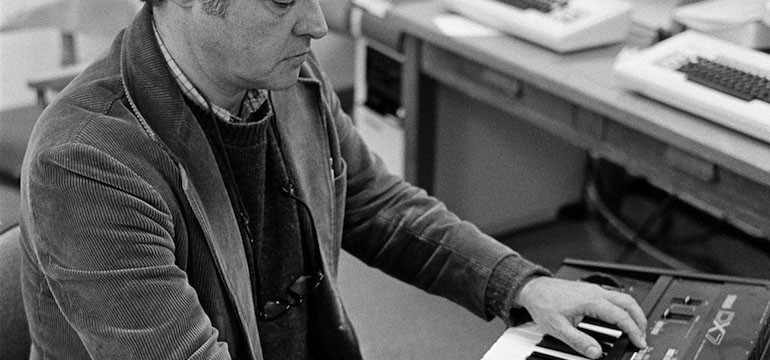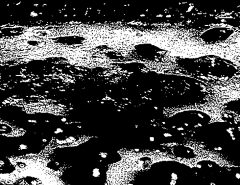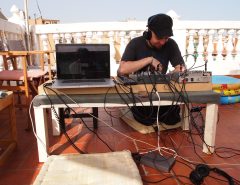Hace unos meses que nos hicimos eco de la visita de John Chowning a Barcelona. Hoy nos hacemos eco del podcast publicado en RWM con una entrevista a al padre del sintetizador digital y pionero de la computer music.
As a man of many, interconnected facets, John Chowning has played a leading role in several chapters of the history of electronic music. As a composer, his is one of the few essential names in any overview of computer music made in the United States in the early seventies. In 1964, with the help of Max Mathews (from the legendary Bell Labs, where computer music was virtually born) and David Poole from Stanford University, Chowning began using Stanford’s Artificial Intelligence laboratory for his experiments. Years later, in 1974, he founded the Center for Computer Research in Music and Acoustics (CCRMA) at Stanford, which remains one of the key centres in music technology research anywhere in the world. Lastly, in his role as developer, Chowning is the inventor of FM synthesis: the technique that revolutionized the world of synthesizers and the sound of electronic music in the eighties.
SON[I]A talks to John Chowning and charts a historical overview of the different branches of his artistic career, focusing on his interest in the human voice, the creation of new sonorities, and being a pioneer in a discipline at a time when using computers to generate music was a leap into the void between creative eccentricity and scientific adventure.





Leave a Reply
Lo siento, debes estar conectado para publicar un comentario.